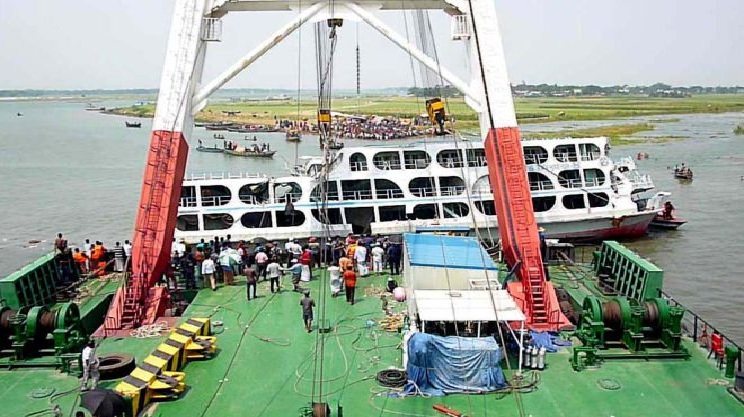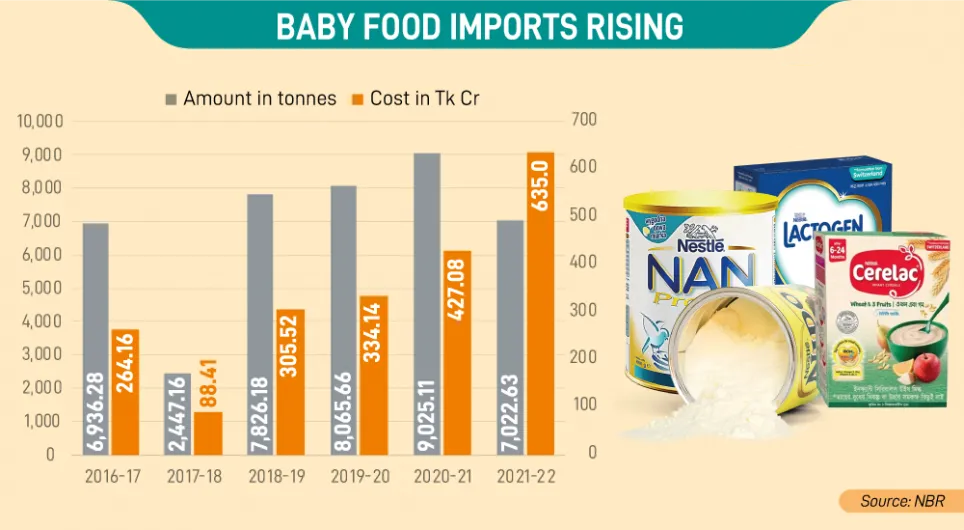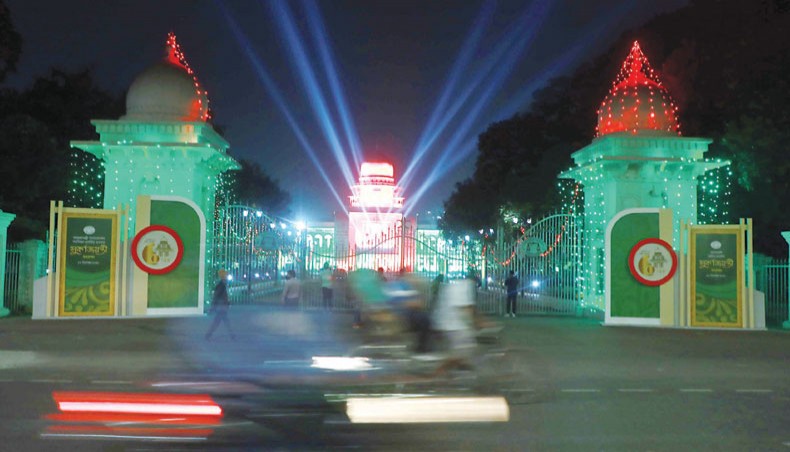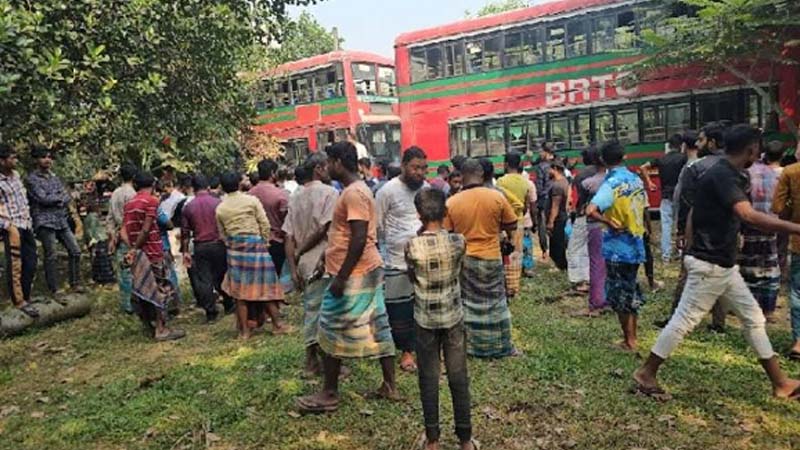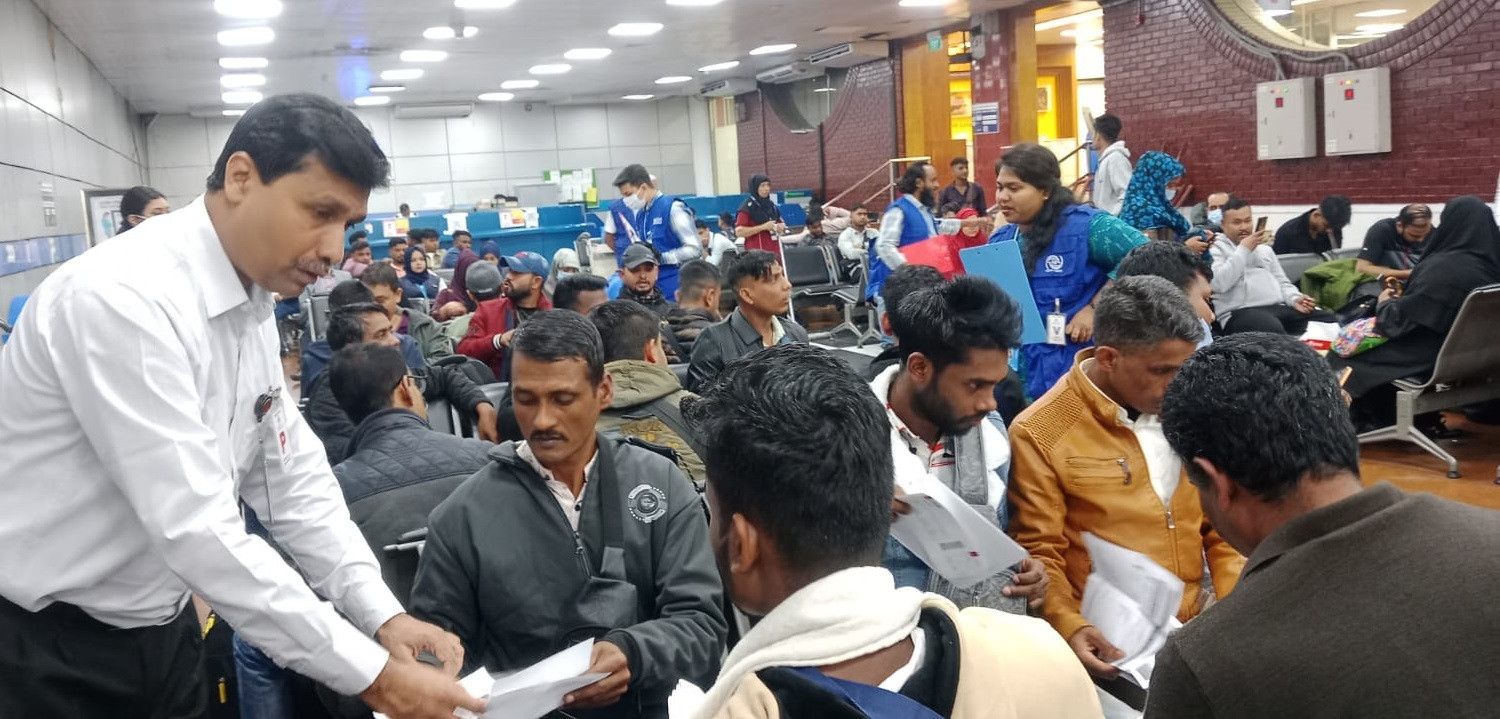Around 171 launch accidents took place in the country in the last one decade.
At least 623 people died while 122 others went missing in those accidents, including Monday's launch capsize in the Buriganga River that took away 34 lives, according to official data.
Faulty designs and a lack of fitness of water vessels, and incompetence and negligence on the part of operators are the main reasons behind accidents in waterways, said Professor Dr NM Golam Zakaria, head of naval architecture and marine engineering department at the Bangladesh University of Engineering and Technology.
Carrying passengers beyond capacity, reckless driving, technical glitches, insufficient safety equipment, lack of awareness about weather forecasts and scarcity of buoy lights in danger zones are some other reasons, he added.
About Monday's accident, he said it occurred due to negligence by operators of MV Moyur-2, a launch that crashed into a smaller launch named Morning Bird while travelling backwards.
However, launches like Morning Bird, which are called sunken decks, should not be used to carry passengers, Zakaria added. "This is because those launches have no stability which is a must for a passenger launch. Also, these launches are built without proper designs in violation of the law, making them vulnerable," he explained.
Some of the country's worst waterway accidents of the last decade are as follows:
MV Miraj-4 sank in the Meghna River in 2014, claiming 54 lives. The launch was carrying more than 200 passengers, although it had a listed capacity of 122 people.
In the same year, another launch named Pinak-6 sank with more than 250 passengers in the Padma River. Around 100 people died in the accident.
In 2016, three launches sank amid strong current in the Padma River, claiming 22 people including three members of a family.
Earlier this year, two passengers were killed and eight others injured in a collision between MV Kirtankhola-10 and MV Farhan-9 in the Meghna River near Chandpur.
And finally, on Monday, Morning Bird sank with around 50 passengers.
"So many accidents occurred. Experts investigated those and also provided recommendations but the department concerned has not shown much inclination towards implementing those," said Zakaria.
However, the Department of Shipping has denied the allegations.
"We have implemented the recommendations which came over the years, but a few could not be followed as those were observations," said Syed Ariful Islam, director general of the shipping department.
"We do not give permission to any vessel if it is not built following a proper design. Also, vessels without fitness and insufficient safety gears are not allowed to run.
"However, it is true that we have a shortage of manpower and some people may have taken advantage of this situation," he added.
About sunken deck vessels, he said, "No doubt these are risky. And, we stopped giving permission to these kinds of vessels in 2014 after the accident of Pinak-6."
Sunken deck vessels which are now running were built before 2014, he claimed.
Replying to a query, he said, "We have to think about the affordability of the passengers. If we stop these vessels, the lower-income people and short-distance passengers will suffer."
"The operation of these launches might be stopped in a gradual process and these can be replaced with modern vessels. For now, these vessels are running in low tidal areas and that is safe."
"In a bid to curb accidents, we are now planning to initiate a modern traffic management system," said Ariful.
About licence, he said no operator can hold a fake licence. "The licencing process is now online and anyone can check its validity."
Abdus Samad, senior secretary to the shipping ministry, said, "There were lapses earlier. But from now on, we will take all kinds of steps to make waterways safer."


